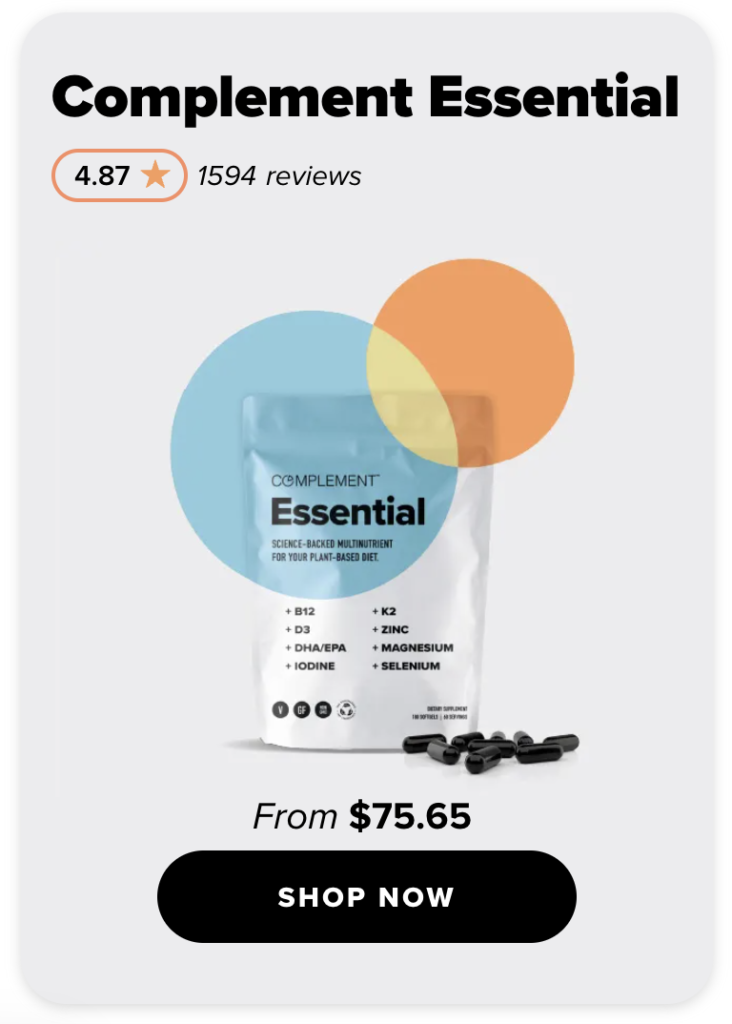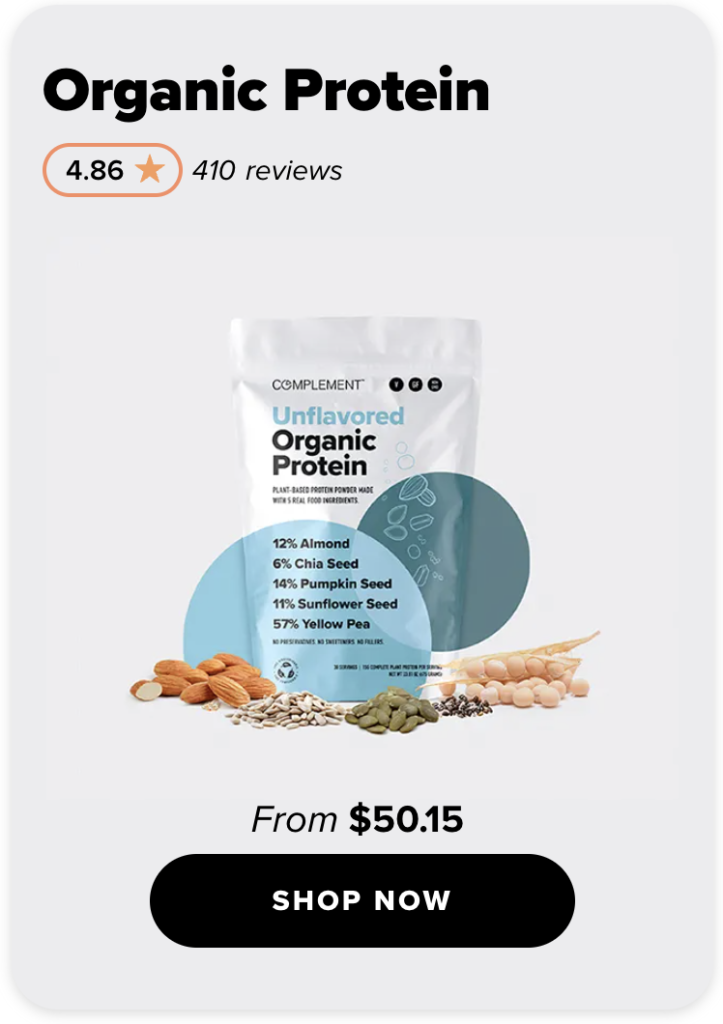Is sugar a drug? While it’s a staple in most of our diets, it’s important to understand the negative impact that added sugars can have on our health. In fact, some experts have even gone as far as to say that sugar is a drug. In this blog post, we’ll explore the science behind why added sugars are so addictive, the health risks associated with consuming too much, and tips for winning your personal war on added sugars.
What Makes Added Sugars So Addictive?
According to a study published in the Journal of the Academy of Nutrition and Dietetics, sugar activates the same pleasure centers in the brain as drugs like cocaine and heroin. This is because sugar triggers the release of dopamine, a neurotransmitter that plays a role in feelings of pleasure and reward.
Another study, published in the journal Nature Neuroscience, found that the brain’s response to sugar is similar to that of addictive drugs. The study found that when rats consumed large amounts of sugar, their brains showed increased activity in the same areas that are activated by drugs of abuse.
These studies, along with many others, suggest that added sugars can be addictive in the same way that drugs are. The constant overconsumption of sugar leads to a decrease in dopamine receptors in the brain, making it harder to feel pleasure and leading to cravings for more sugar.
It is important to distinguish between the sugars found in fruit and added sugars in processed foods. Eat more fruit!
Health Risks of Too Much Added Sugars
The overconsumption of added sugars can lead to a host of health problems, including obesity, diabetes, heart disease, and even cancer.
One study, published in the journal Circulation, found that consuming too much added sugar can increase the risk of heart disease. The study found that people who consumed 25% or more of their daily calories from added sugars had a 30% higher risk of dying from heart disease compared to those who consumed less than 10% of their daily calories from added sugars.
Another study, published in the journal Cancer Research, found that consuming too much sugar can increase the risk of cancer. The study found that high levels of sugar intake were associated with an increased risk of breast cancer, particularly in postmenopausal women.
Tips for Winning Your Personal War on Added Sugars
Read labels: The first step in reducing your added sugar intake is to become aware of how much you’re consuming. Start by reading labels on the foods you buy, and look for hidden sources of added sugars, such as high fructose corn syrup and agave nectar.
Limit your intake of sugary drinks: Soft drinks, energy drinks, and even fruit juices can contain large amounts of added sugars. Instead, opt for water, unsweetened tea, or low-fat milk.
Choose whole foods: Whole foods, such as fruits, vegetables, and whole grains, are naturally low in added sugars. By focusing on whole foods, you’ll be less likely to consume added sugars.
Plan your meals: Meal planning is a great way to reduce your added sugar intake. By planning ahead, you’ll be less likely to reach for sugary snacks when you’re feeling hungry.
Practice moderation: Finally, remember that it’s okay to indulge in a sweet treat every once in a while. The key is to be mindful of your added sugar intake.
Conclusion
Added sugars can be addictive and have serious health consequences. By understanding the science behind the addiction, being mindful of hidden sources of added sugars, and developing strategies to reduce your intake, you can win your personal war on added sugars.
References:
- Avena, N.M., Robinson, T.E., and Hoebel, B.G. (2008). Evidence for sugar addiction: Behavioral and neurochemical effects of intermittent, excessive sugar intake. Neuroscience & Biobehavioral Reviews, 32(1), 20-39.
- Johnson, R.K., Appel, L.J., Brands, M., Howard, B.V., Lefevre, M., Lustig, R.H., Sacks, F., Steffen, L.M., and Wylie-Rosett, J. (2009). Dietary sugars intake and cardiovascular health: A scientific statement from the American Heart Association. Circulation, 120(11), 1011-1020.
- Ludwig, D.S., Peterson, K.E., and Gortmaker, S.L. (2001). Relation between consumption of sugar-sweetened drinks and childhood obesity: A prospective, observational analysis. Lancet, 357(9255), 505-508.
- Te Morenga, L., Mallard, S., and Mann, J. (2013). Dietary sugars and body weight: Systematic review and meta-analyses of randomised controlled trials and cohort studies. BMJ, 346, e7492.
- World Health Organization. (2015). Guideline: Sugars intake for adults and children. Geneva: World Health Organization.
- Some research for this article compiled with the assistance of ChatGPT/OpenAI
- Learn more about VeganWire here.







